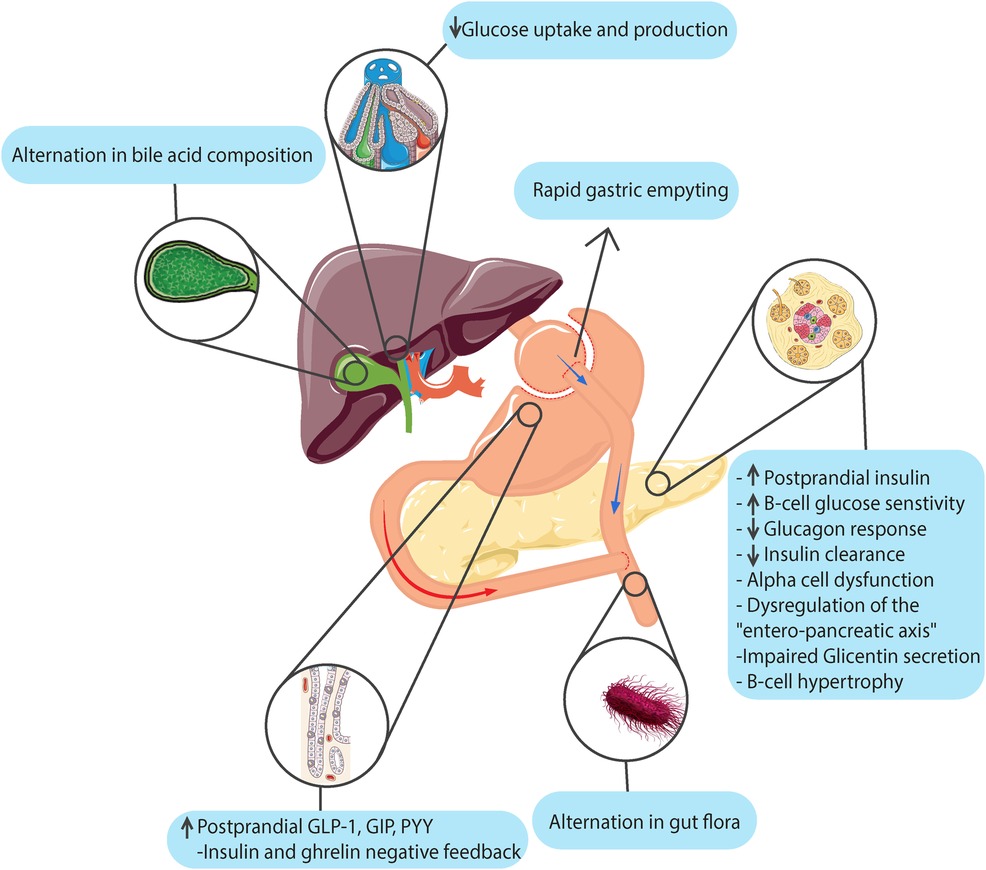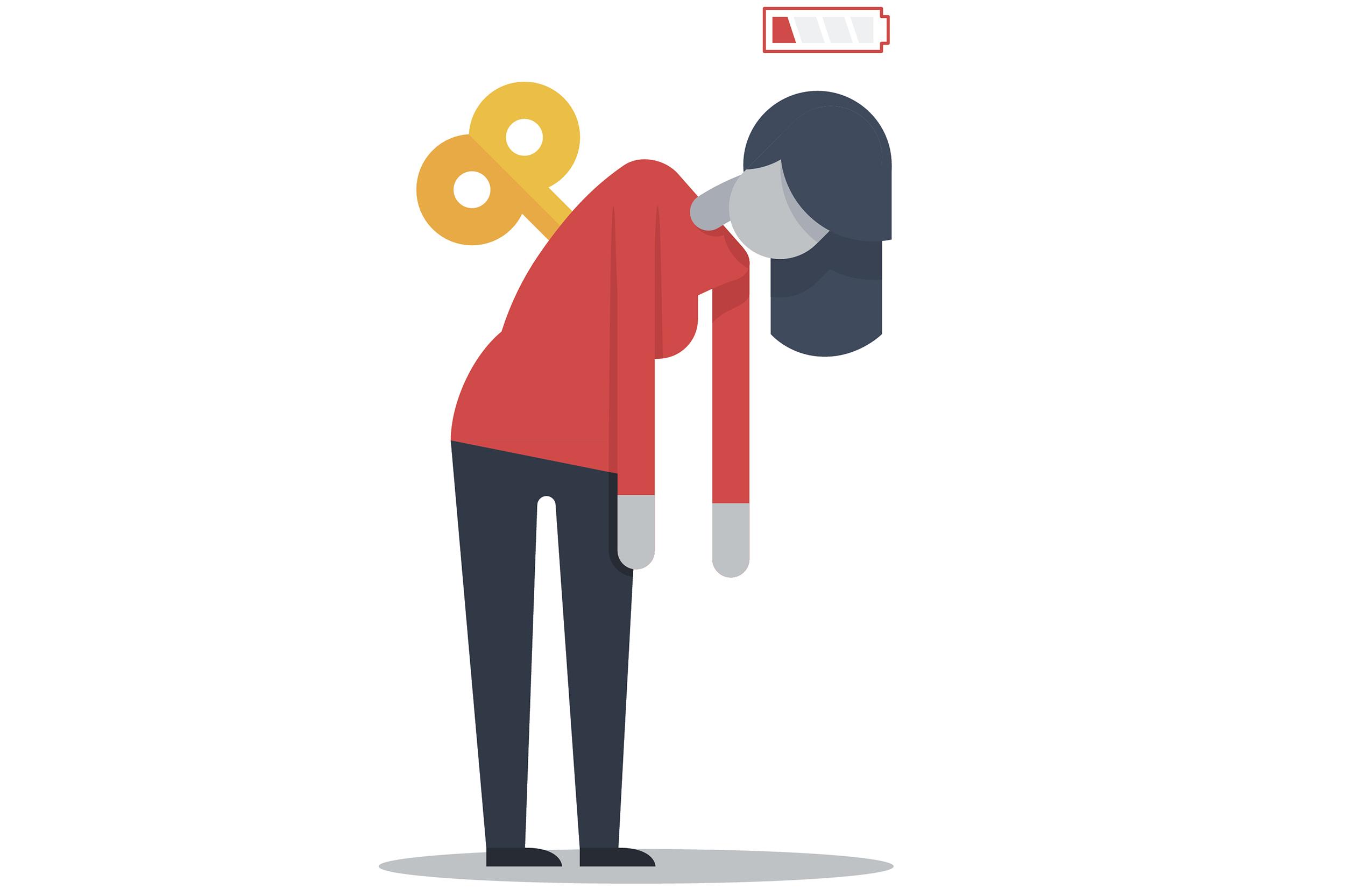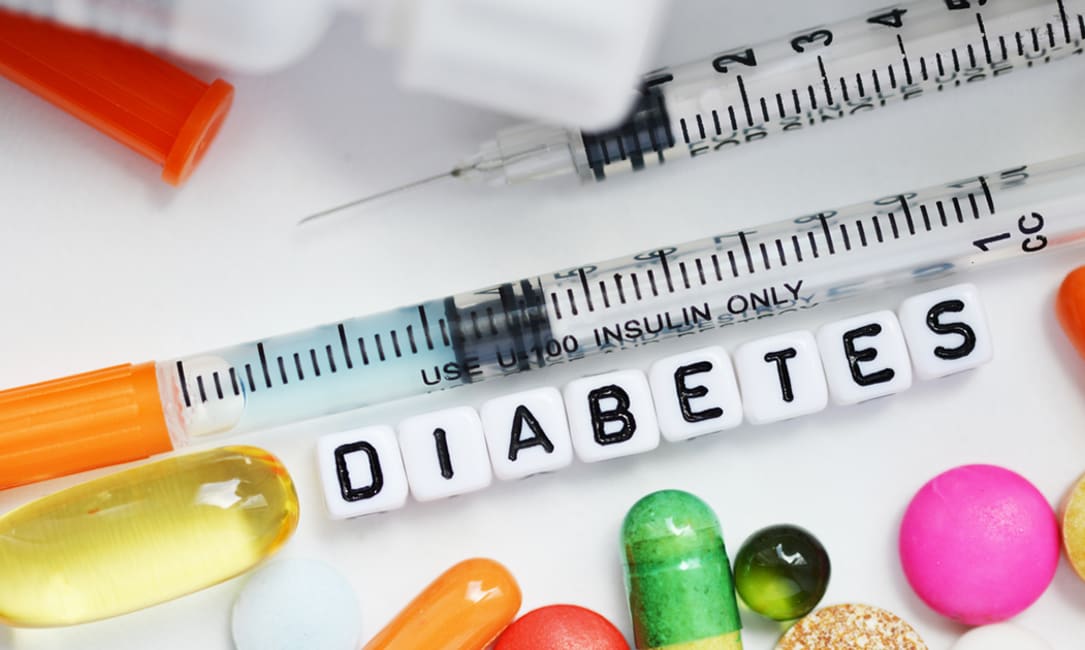In the quest for effective weight loss strategies, many individuals are turning to complementary and alternative therapies (CATs) to support their health goals. Among these, acupuncture has gained attention for its potential to aid in weight reduction. Acupuncture involves the insertion of thin needles into specific points on the body to balance energy flow. Some studies suggest that acupuncture may influence factors related to obesity, such as appetite regulation and metabolism, potentially assisting in weight loss efforts.
Another alternative approach involves the use of herbal supplements, such as berberine, a compound found in various plants. Research indicates that berberine may have anti-obesity effects by modulating metabolism and improving insulin sensitivity. However, its clinical application is limited by poor oral absorption and low bioavailability. Additionally, the consumption of elderberry juice has been associated with improved metabolism and fat oxidation, suggesting a potential role in weight management. A study from Washington State University found that participants who consumed elderberry juice experienced beneficial changes in gut bacteria and metabolic markers.
While these alternative therapies offer promising avenues for weight management, it is crucial to approach them with caution. The efficacy and safety of such treatments can vary, and they may not be suitable for everyone. Consulting with healthcare professionals before incorporating alternative therapies into a weight loss regimen is essential to ensure they complement existing treatments and align with individual health needs. Combining these therapies with conventional approaches, such as a balanced diet and regular exercise, may provide a more holistic and effective strategy for achieving and maintaining a healthy weight.






